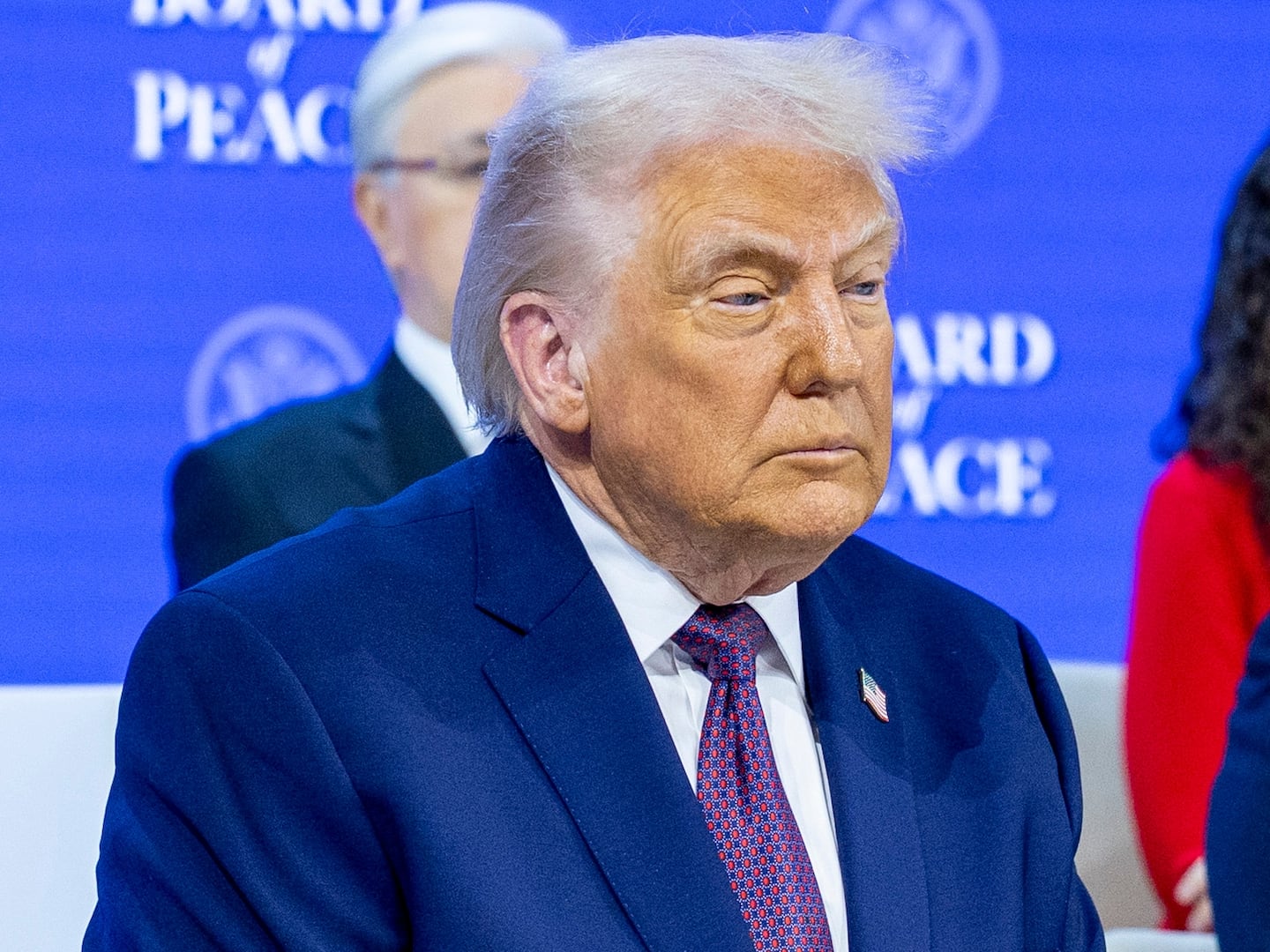
Mere days after Rio de Janeiro impressed the world by winning its bid to host the Summer Olympics in 2016, The New York Times reported a less-flattering story: Drug traffickers wielding an anti-aircraft gun “shot down a police helicopter just one mile from Maracana Stadium, where the Opening and Closing Ceremonies will be held.”
Shocking as that may sound, it doesn't surprise folks familiar with the city. Almost 5,000 people were murdered there last year. Crime related to the international drug trade is rampant. Numerous large neighborhoods are controlled by paramilitary gangs in open rebellion against police and the Brazilian state. “In Rio, the favelas edge up to the airport highway and spread into the distance,” Jon Lee Anderson wrote in a recent New Yorker article. “At times, bullets crack overhead as rival gangs on either side of the highway shoot it out. They have been known to come onto the road with their guns to rob motorists.”
American demand for illegal narcotics bankrolls murderers, rapists, paramilitary terror squads, and all manner of other ills in the country. Absent the enormous sum our citizens pour into a black market that is largely of our creation, countless Brazilian lives would be better, Rio would be safer, and we’d all be better off.
As Brazil tries to make the city safe for the inevitable horde of foreign sports fans—it is also the site for the 2014 World Cup—there isn’t any easy fix. Rio’s favelas date back to Brazil's abolition of slavery in the 19th century. The causes of poverty, crime, and dysfunction in the city are too myriad to list.
It is nevertheless true that American demand for illegal narcotics bankrolls murderers, rapists, paramilitary terror squads, and all manner of other ills in the country. Absent the enormous sum our citizens pour into a black market that is largely of our creation, countless Brazilian lives would be better, Rio would be safer, and we’d all be better off.
Don’t take my word for it. Brazil's former president, Fernando Henrique Cardoso, declares prohibition a failure, arguing that "a paradigm shift is required." Says Maria Lucia Karam, a Brazilian judge: "The only way to reduce violence in Mexico, Brazil or anywhere else is to legalize the production, supply, and consumption of all drugs."
That's a losing proposition in the United States.
Though a critic of the War on Drugs, the furthest President Obama has gone on the subject is instructing the feds to cease enforcement of anti-marijuana laws when state legislatures set less-stringent guidelines. It's pocket change we can believe in!
Congress is no better. Marijuana decriminalization is gaining some ground among the populace, especially for medical reasons, but we're nowhere near a repeal of federal laws against pot, let alone an end to black markets in harder drugs.
Given how destructive cocaine, crack, heroin, and other narcotics are, wariness of legalization is understandable. On the other hand, these drugs have ravaged American communities despite their illegality, and the black market made inevitable by their prohibition isn't just imposing a cost on American drug criminals, or even American society at large. It is literally helping to destroy whole nation states in the Southern Hemisphere.
"At least 100,000 people work for the drug gangs of Rio in a hierarchical structure that mimics the corporate world," Anderson writes. "The state is almost completely absent in the favelas. The drug gangs impose their own system of justice, law and order, and taxation—all by force of arms."
Similar ills plague so many nations in Central America and South America. Their horrors alone confer a moral responsibility to change our policies. What happens if we nevertheless proceed with our current War on Drugs? The frightening answer is that Americans won't merely be subject to added danger when they travel to see Michael Phelps compete in 2016—they'll increasingly face danger in their own front yards.
On Thursday, U.S. officials announced that 3,000 federal agents and other law-enforcement folks made 300 arrests in raids aimed at the La Familia drug cartel, an import from Mexico known for its ultraviolent methods, including beheadings. “The problem is not just along the Southwest border, it is all over our country now," said Kenneth Melson, head of the Bureau of Alcohol, Tobacco, and Firearms.
It isn't quite right to say that America has so far been able to avoid the costs of its War on Drugs. It's increased our murder rate, swelled our prison population, made our streets more violent, heightened corruption among law enforcement, undermined civil liberties, and utterly failed to prevent even the most destitute person desirous of drugs from getting high. (We can't even keep these substances out of our prisons. The idea that we'll ever succeed in keeping them from a free people is ludicrous.)
But America hasn't borne the full cost imposed by our irrevocably failed policy. Many ills it triggers have been exported.
As the Olympics draw nearer, you'll see newspaper and magazine stories about whether Rio is ready. Doubters will cite the assassination of police, kidnappings, wanton murder, corrosive instances of political corruption, whole neighborhoods still run by paramilitary drug gangs, even potential ties with anti-Western terrorist groups.
If you're undecided about drug policy, pay attention to those stories. Weigh your worries about legalization against the harms prohibition causes—realities it is all too easy to ignore as a citizen of the United States, where we're protected against the full consequences of our approach.
Finally, understand that our isolation isn't fated. Nations to our south weren't always ravaged by a black market in narcotics, and the worst consequences of the War on Drugs cannot be contained on foreign soil forever. Acknowledging our loss and trying something different is the only way to stop these ills from spreading further in the United States—a test of our international mettle I'd rather do without.
Conor Friedersdorf, a Daily Beast columnist, also writes for The American Scene and The Atlantic Online's ideas blog.






